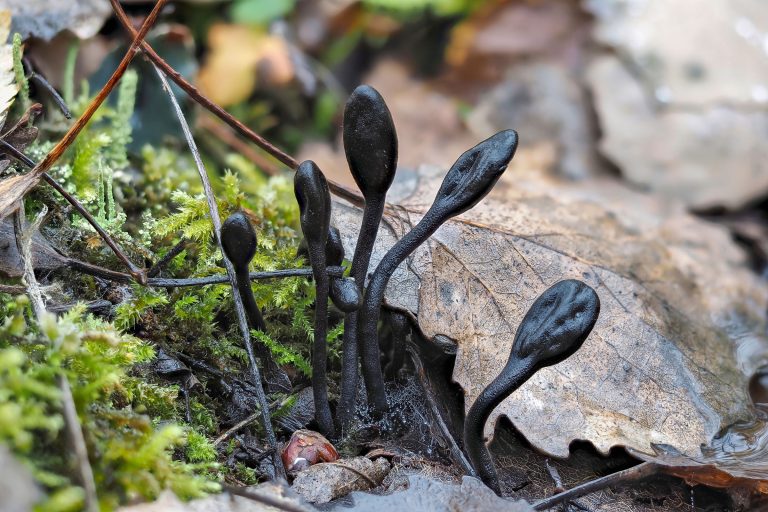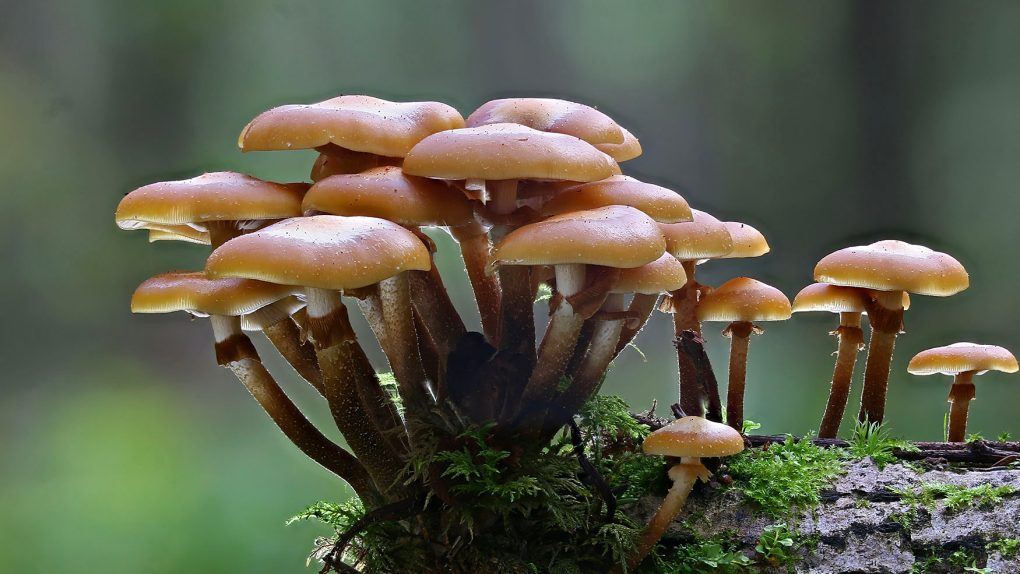Genome studies have helped uncover an entirely new branch of fungi that includes 600 seemingly unconnected fungi. However, when digging into the genome sequencing of each fungus, researchers discovered peculiar characteristics that seem to connect the group to a common ancestor dating back 300 million years.
The research was headed by researchers working with the University of Alberta. According to Toby Spribille, the principal investigator on the project, none of the new branches of fungi seem to be connected when looking at them with the naked eye. However, when you go to the genome level, this connection suddenly emerges, connecting the entire lot of them.
The new branch of fungi, which has been classified as Lichinomycetes is believed to have all descended from that common ancestor over 300 million years ago – or roughly 240 million years before the dinosaurs were rendered extinct. It’s a massive timeline that provides plenty of room for the evolution of each fungus within the branch to have grown and evolved as it needed to.

The researchers sequences over 30 genomes and found that every fungus included in the new branch of fungi had pieces from that original ancestor. The fungi involved include things like earth tongues, beetle gut microbes, and even fungus that grows within tree sap found in northern Alberta. It’s an intriguing discovery, and once that continues to show the diversity that fungi offer as a whole.
This isn’t the first time that fungus has helped shape our understanding of the world, either. Back in 2019, the discovery of a billion-year-old fungus brought new understanding for scientists digging into how life on Earth has evolved. We’ve also seen fungi that could help treat cancer being researched in recent months. Perhaps this new branch of fungi could open similar doors for researchers to dig into as well.
A paper on the findings has been made available to the public in the journal Current Biology, and the researchers say that this discovery could be just the tip of the iceberg of what has survived the past several hundred million years.








